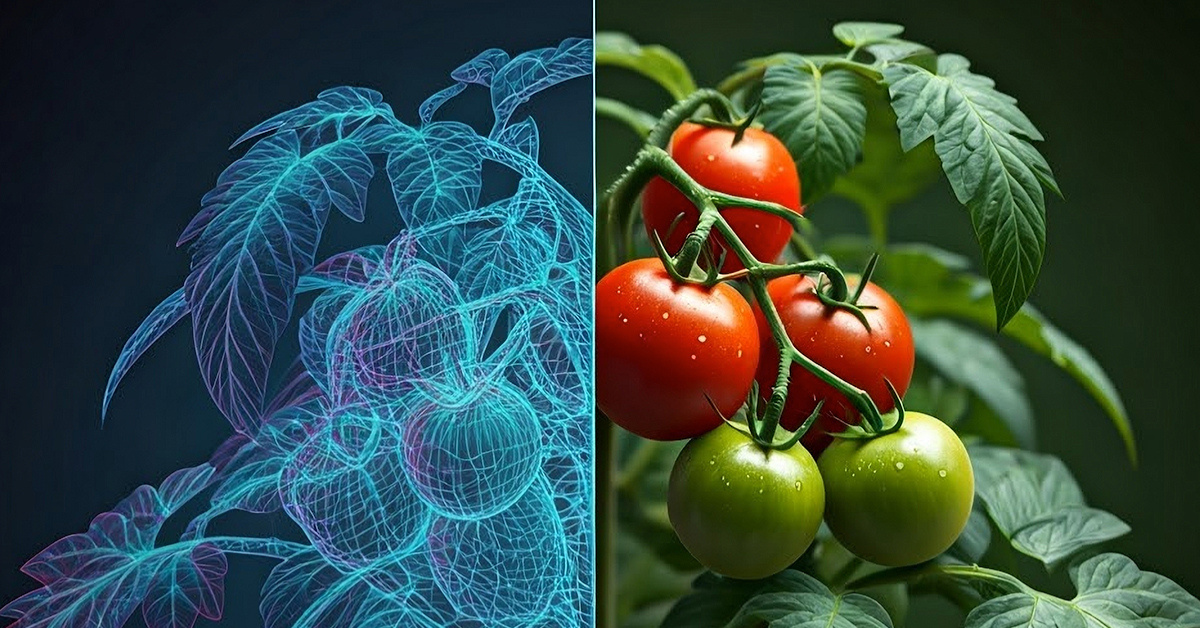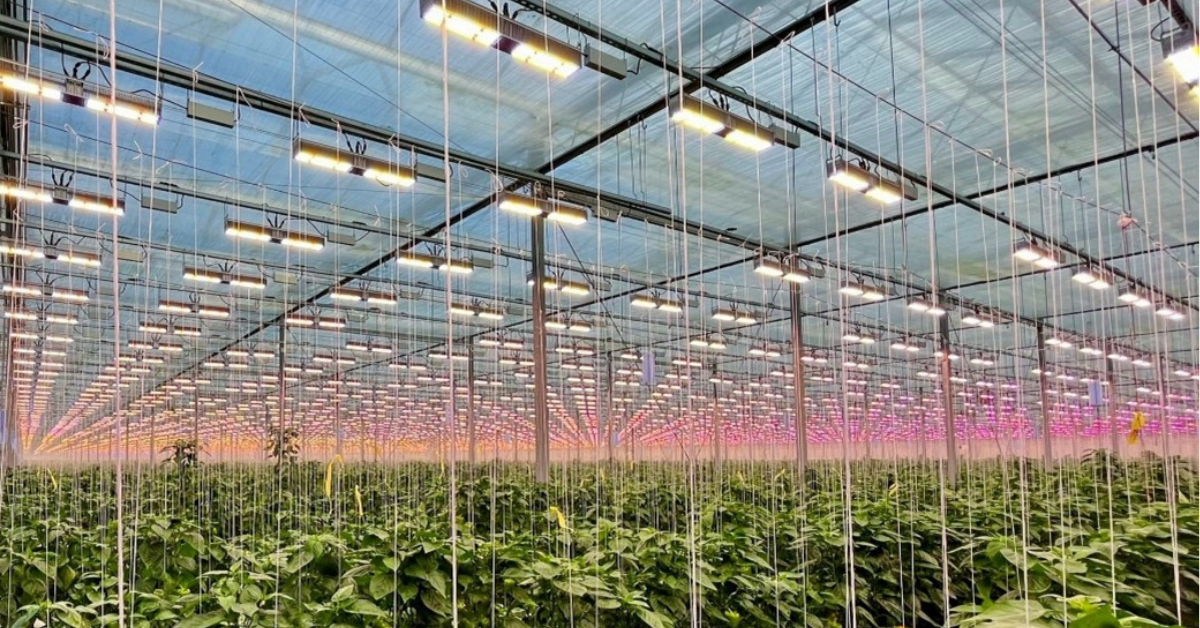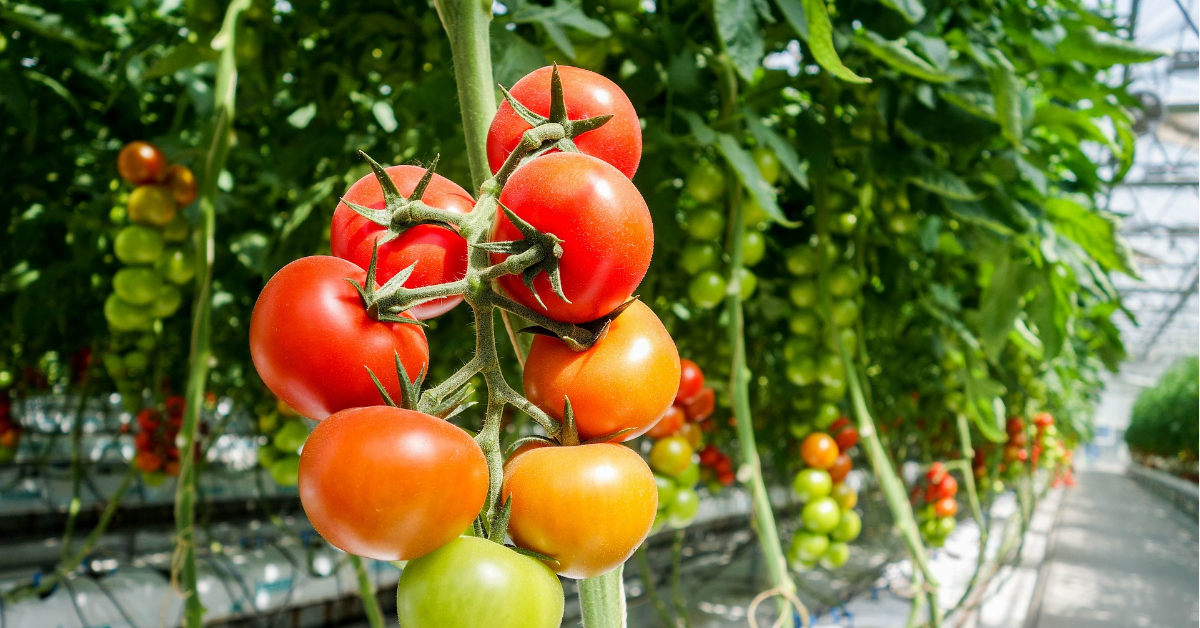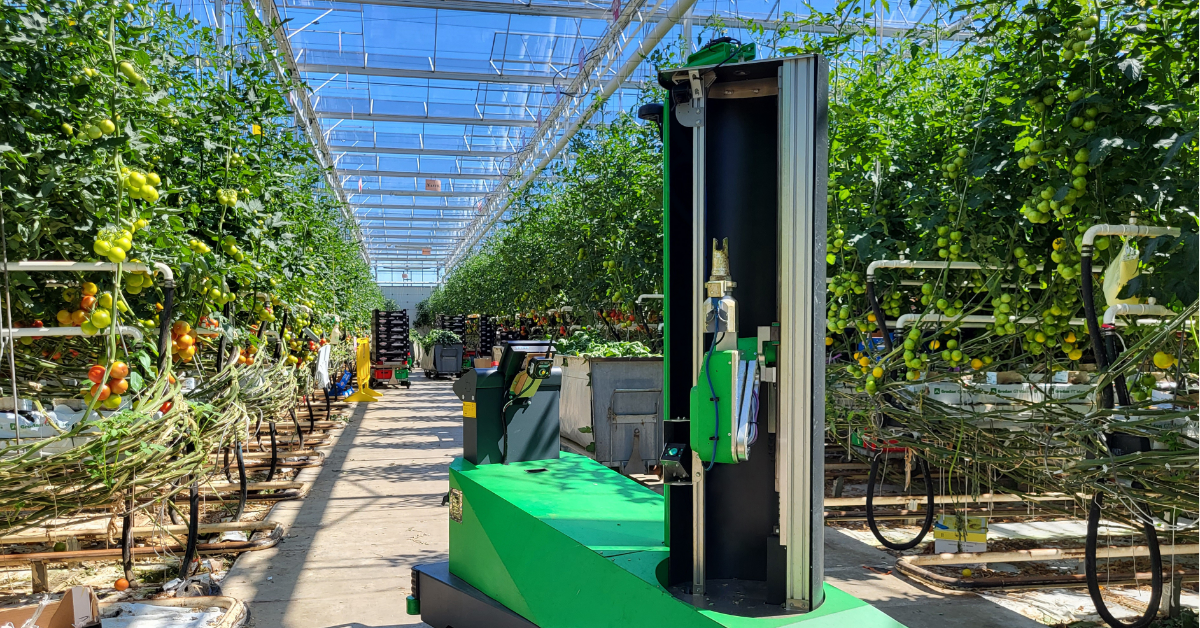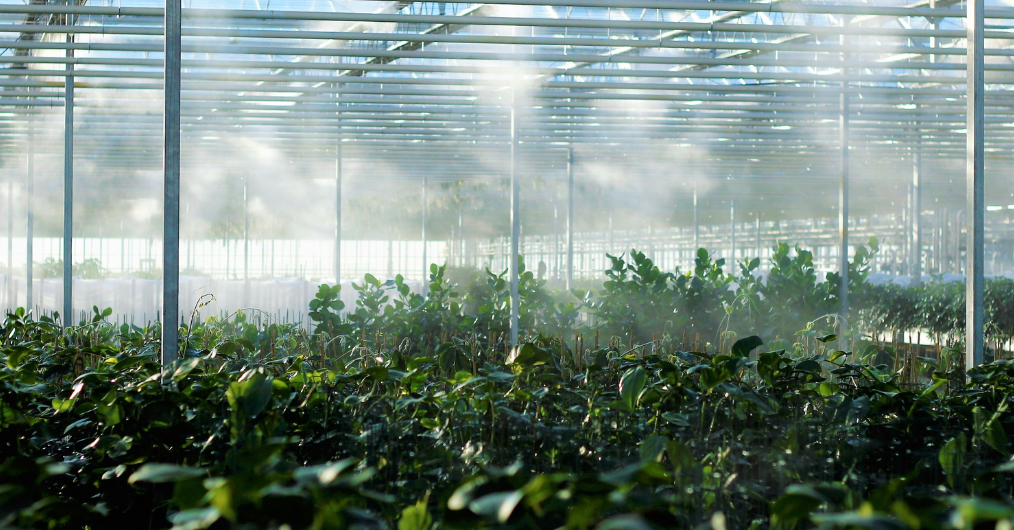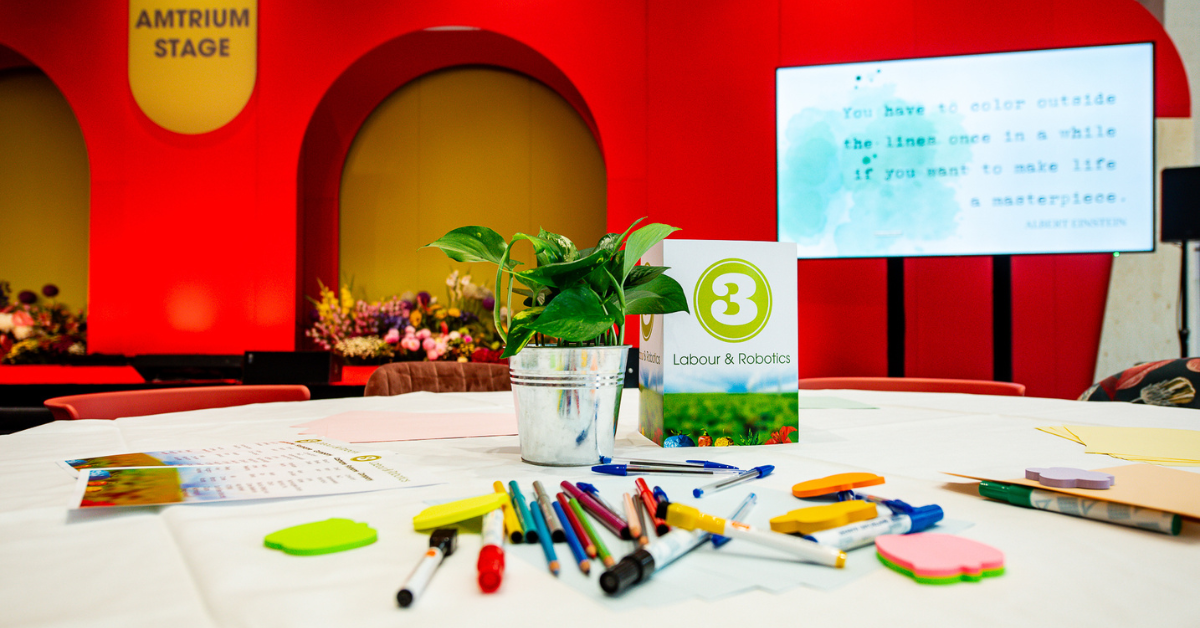AI in horticulture will demand technical skills
 Author: Jacco Strating
Author: Jacco StratingEveryone is currently talking about ChatGPT, an advanced AI application capable of automating text production. It makes the impact of AI even greater than it already was. AI is also becoming increasingly important within horticulture and vertical farming. During GreenTech, the opportunities and challenges were discussed, concluding that knowledge transfer is necessary to achieve success.
“AI's utility in crop monitoring, optimization, and yield forecasting in CEA holds transformative potential for agriculture and horticulture”, says Tiffany Tsui, CSO of the Vertical Farm Institute. Tsui moderated the conversation about AI at GreenTech last June. “AI's capability to analyze environmental parameters enables the optimization of conditions for maximizing growth and yield, offering vital insights to growers for improved decision-making. Furthermore, AI powered systems enhance efficiency in crop sorting and harvesting, reducing labor costs, and minimizing waste.”
Complement to human growers
However, a debate arises when considering the challenges associated with AI's utility in CEA. AI's efficacy is contingent on the quality and quantity of data available, and AI systems lack the intuitive understanding possessed by human growers, says Tsui. “This makes AI setup in CEA complex and potentially costly, creating a barrier for many.” Despite these challenges, AI is seen as a complement to human growers handling mundane tasks, leaving growers to address more complex issues. “AI enhances growers’ understanding of their crops by uncovering new patterns, promoting data-driven decision-making. Operating AI in vertical farming requires a diverse range of skills - technical expertise, data analysis, agricultural understanding, problem-solving, and ethical considerations, amongst others. High-quality data collection and sensor reliability are key to overcoming limitations and making informed decisions.”
AI systems need to be trained
Horticulture and growers have always been open to new technologies to face challenges, such as the shortage of available manpower. Automating various processes by means of AI can therefore offer a solution, believes Reinhard Pittschellis of Festo Didactic SE. He participated in the discussion at GreenTech as an expert for technical education in the area of AI. Because using AI will require certain skills. Festo Didactic is the market leader in technical education. “I assume that Controlled Environmental Agriculture will increase the demands on technical skills in general. First of all, to run the systems to control the environment demands technical knowledge. Furthermore, CEA offers more possibilities for automation. For example, the handling of plants, automatic harvesting, and quality control. To apply this, workers need to understand these systems and know how to install, maintain, and optimize the equipment. The same applies for AI. AI can be used to control the growth process of the plants, to detect pests etc. To do so, the AI systems needs to be trained, and my assumption is that this will be partly done by the growers or their suppliers.”
Pittschellis says AI relies on a lot of sensorics, classical ones like sensors for temperature and humidity, but also vision systems. “These systems will produce large amounts of data, and you need certain qualifications to handle those. Right now, it is not clear whether this knowledge will be concentrated in the machine suppliers who deliver a ready system to the growers or if it needs to be further trained by the grower itself. I guess smaller growers will buy ready systems, the bigger ones will invest in some research themselves and therefore also need experts in AI.”
Invest in good e-learning
But how can growers be educated when it comes to AI? There are two ways, says Pittschellis. “One is to integrate the necessary knowledge and skills in the curricula of agricultural schools, so that every graduate will enter the labour market with the needed skills. I think this is necessary, but it takes many years to see the impact. Another option is to offer trainings for the workforce. This is a faster method, but sometimes it’s difficult to attract workers due to time restrictions. We need to go both ways of course, and when it comes to further training of the existing workforce, we have to take into consideration that not everybody has the necessary preconditions to successfully participate in such trainings. To overcome the time restrictions of the potential participants, blended learning concepts can help. They deliver the knowledge via online courses, so they can be consumed everywhere. The practical knowledge, however, needs a certain level of hands-on training. But with proper e-learning we can reduce the necessary time in a training lab significantly. 80% of the learning happens at the company itself. This is another argument to invest in good e-learning content – ideally organized in small units which can be consulted at the workplace when there is a need for it.”
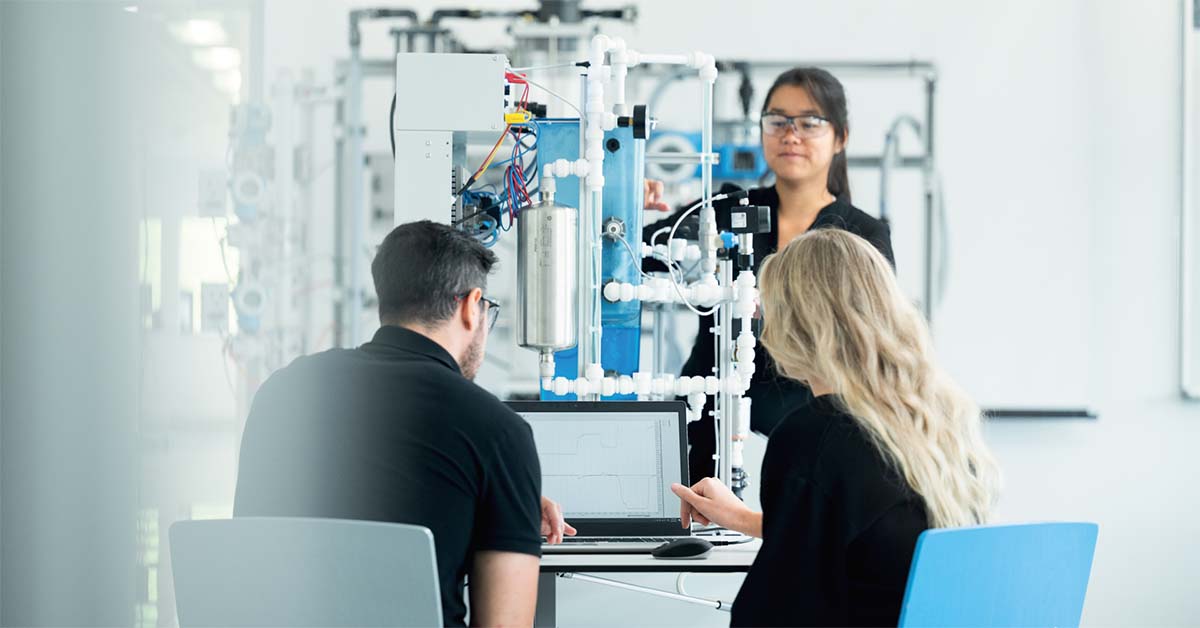
.png?h=628&iar=0&w=1200)
